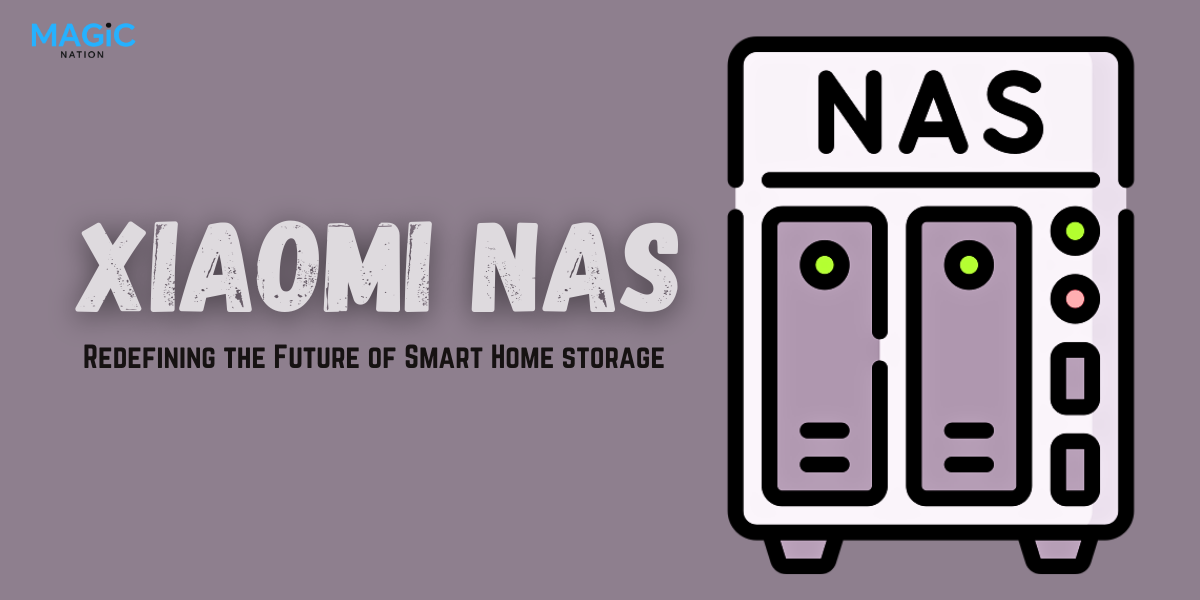In the ever-evolving realm of technology, noise cancellation has emerged as a symphony of serenity amidst the cacophony of our daily lives. Let's understand the pivotal role that noise cancellation plays in enhancing our audio experiences. In this article, we will embark on a journey through the world of noise cancellation, exploring how it enriches our lives, its ongoing evolution, its benefits and drawbacks, and the exciting future it holds.
The Evolution of Noise Cancellation
Noise cancellation, once a niche technology, has now become a mainstream feature across various devices, from headphones to smartphones and even car cabins. Its evolution has been fuelled by advancements in both hardware and software:
Active Noise Cancellation (ANC): The introduction of ANC technology allowed devices to emit sound waves that counteract external noise, effectively cancelling it out. This technology has become more accessible and refined over the years.
Adaptive Noise Cancellation: Some devices now feature adaptive noise cancellation, which adjusts settings based on your environment, providing a tailored experience.
AI-Powered Noise Cancellation: Artificial intelligence is being employed to enhance noise cancellation by recognizing and cancelling out specific types of noise, such as voices or sirens.
Enhancing Our Experience
Noise cancellation has had a profound impact on our daily lives:
Immersive Audio: Whether you're enjoying music, movies, or podcasts, noise cancellation creates a cocoon of silence, allowing you to immerse yourself fully in the audio experience.
Productivity: In work environments, noise cancellation can help you concentrate by eliminating distractions, making it easier to focus on tasks or virtual meetings.
Travel: Noise-cancelling headphones are a traveller's best friend, reducing the drone of engines and chatter, transforming long flights into more peaceful journeys.
Benefits and Drawbacks
Benefits:
Peaceful Listening: Noise cancellation enhances audio quality by eliminating background noise, providing a more enjoyable listening experience.
Reduced Stress: Silence is therapeutic, and noise cancellation helps reduce stress levels by creating a quiet oasis in a noisy world.
Improved Concentration: Whether studying or working, noise cancellation helps you maintain focus, ultimately boosting productivity.
Drawbacks:
Cost: High-quality noise-cancelling devices can be expensive, making them inaccessible to some consumers.
Dependency: Excessive use of noise cancellation can lead to dependency, where individuals struggle to cope with natural background noise.
Safety Concerns: Noise cancellation can isolate users from their surroundings, potentially posing safety risks in certain situations.
The Future of Noise Cancellation
The future of noise cancellation is teeming with innovation:
Customized Experiences: Noise cancellation will become more personalized, adapting to individual preferences and hearing profiles.
Integration with AR and VR: Noise cancellation will play a crucial role in augmented and virtual reality, creating immersive environments free from external distractions.
Health and Wellness: Noise cancellation technology will extend beyond audio, finding applications in managing stress, improving sleep, and enhancing mental health.
Eco-Friendly Solutions: Manufacturers will focus on sustainable noise cancellation technologies to reduce environmental impact.
Conclusion
This technology is not just about silencing the world but about enhancing our connection to it. The future of noise cancellation holds promise for more tailored, immersive, and holistic experiences, making our journey through the auditory world richer and more peaceful than ever before.
Silent Symphony: The Evolution and Impact of Noise Cancellation
Post Reply
3 posts
• Page 1 of 1
-
- Information
-
Who is online
Users browsing this forum: No registered users and 20 guests
Recent Posts

Intra circle Roaming
Mon Jan 20, 2025 10:27 pm
Syed_Nabi23
133
2

HONOR Magic7 Pro's AI Super Zoom: A Game-Changer for Telephoto Photography
Sun Jan 19, 2025 8:16 pm
sarthhkk
237
2

Tech Roundtable VOL. #33 - Gaming Smartphones: Do You Really Need One
Thu Jan 16, 2025 11:55 pm
sarthhkk
206
2

AMRIT UDYAN TO OPEN FOR PUBLIC FROM FEBRUARY 2
Tue Jan 21, 2025 11:01 pm
Syed_Nabi23
86
1

Best Budget Earbuds Under ₹3,000: Power, Style, and Savings
Sun Jan 19, 2025 4:57 pm
Cozycupcake
189
2

Leaving Your Laptop Plugged In Ruins the Battery: Fact or Myth? - MBM Episode #3
Mon Jan 20, 2025 11:14 am
Navraj rathore
137
1

Moto G05 Review: Is This the Best Budget Smartphone of 2025? 🤔
Fri Jan 17, 2025 1:37 pm
Navraj rathore
226
2

Xiaomi NAS: Redefining the Future of Smart Home Storage
Sat Jan 18, 2025 3:07 pm
sarthhkk
226
1

Honor Magic7 RSR: Redefining Luxury and Performance
Fri Jan 17, 2025 5:00 pm
sarthhkk
278
2

Best Laptop Deals to Grab in Amazon Great Republic Day Sale 2025
Thu Jan 16, 2025 8:35 pm
sarthhkk
273
1
- Copyright © 2024 Magicnation. All rights reserved.
